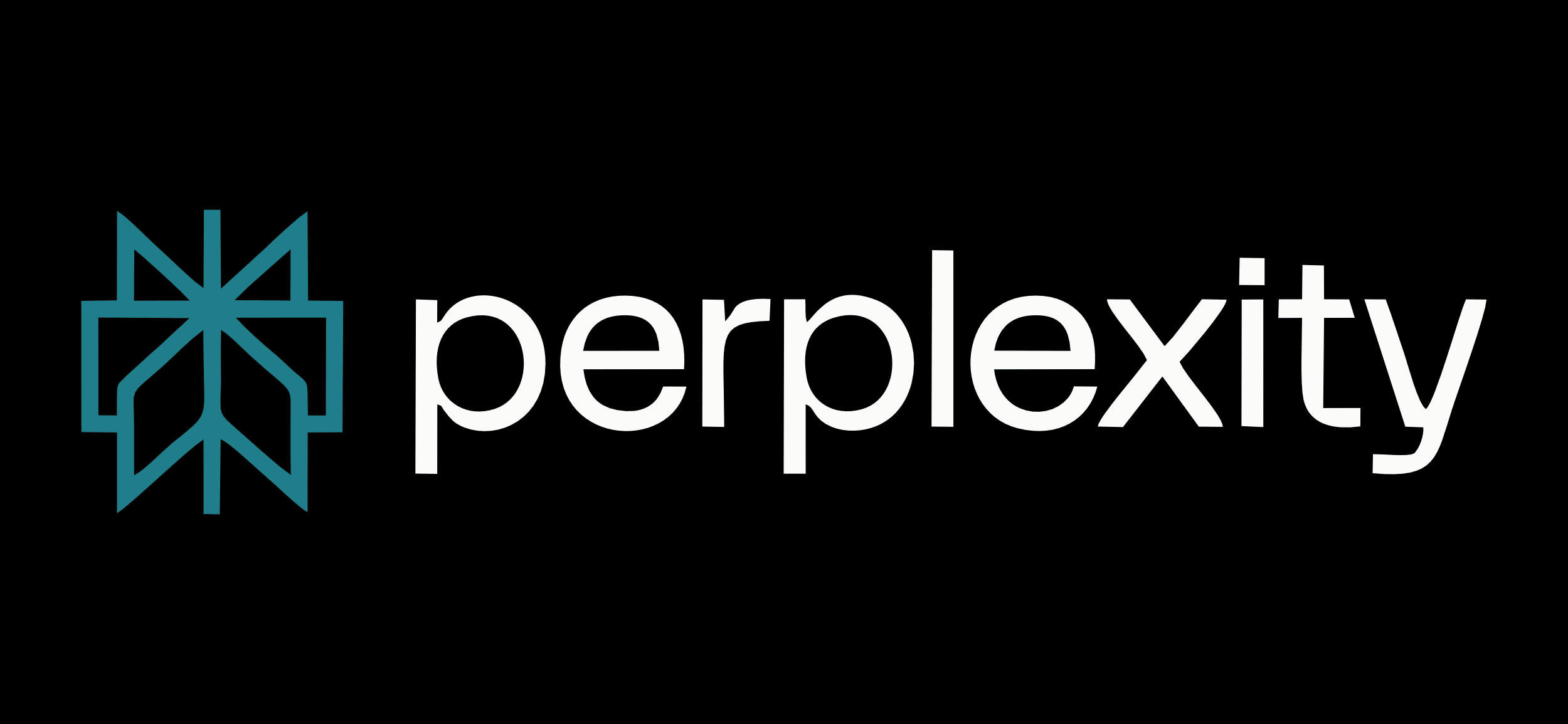OpenAI’s experimental language model has reached a noteworthy milestone in AI by performing at a gold medal level in the 2025 International Math Olympiad (IMO), one of the world’s most challenging competitions.
The model solved five out of six problems under the same timed and tool-free conditions as human participants, earning 35 out of 42 possible points. Three former IMO medalists evaluated each solution to ensure fairness and accuracy.
The achievement marks a leap in AI’s reasoning capabilities, with the model demonstrating the ability to tackle complex problems requiring hours of sustained creative thinking.
Researcher Alexander Wei noted the significance of this progress, tracing the model’s development through reasoning benchmarks from fundamental arithmetic problems to Olympiad-level tasks demanding far deeper cognitive effort.
Despite the breakthrough, the model is not expected to be released to the public anytime soon. OpenAI clarified that the IMO-capable model is part of an internal research track, distinct from its upcoming release of GPT-5.
According to Wei, GPT-5 will arrive soon but will not yet contain the same advanced mathematics capabilities.
In parallel, Hyperbolic Labs co-founder Yuchen Jin hinted that GPT-5 will operate as a multi-model system with dynamic routing, automatically selecting the most appropriate sub-model based on user input. Jin also noted that GPT-6 is already in training, suggesting rapid, continued progress in AI development.
Would you like to learn more about AI, tech and digital diplomacy? If so, ask our Diplo chatbot!










